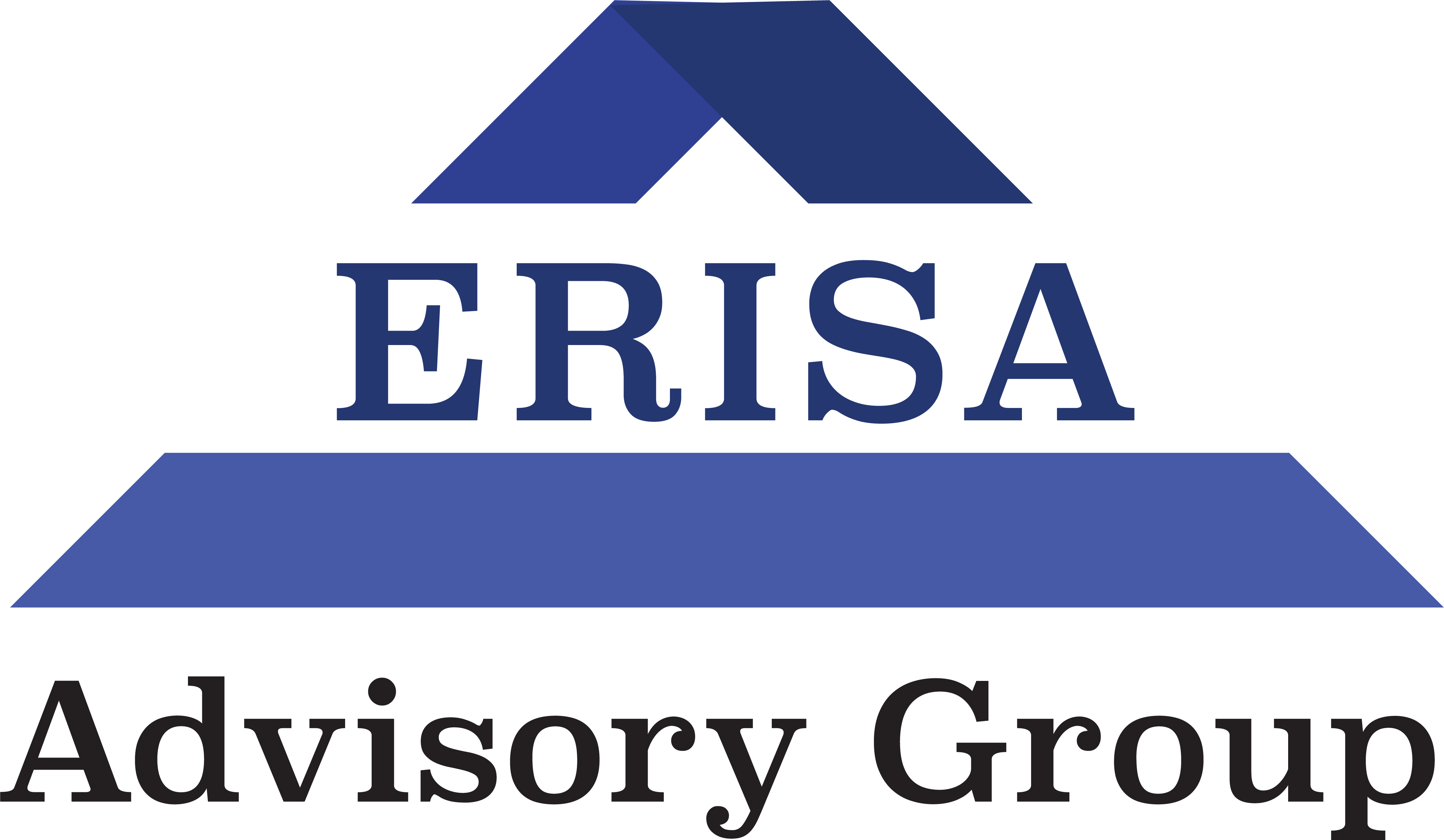Rising Scrutiny on Health and Welfare Plan Fiduciaries: Key Legal Cases, Fiduciary Prudence, Conflicts of Interest, & Prohibited Transactions
Recently, scrutiny has increased on health and welfare plan fiduciaries regarding their adherence to the Employee Retirement Income Security Act (ERISA). Three notable lawsuits—against Johnson & Johnson, Charlotte-Mecklenburg Hospital Authority, and Wells Fargo—highlight different facets of fiduciary misconduct, especially concerning prohibited transactions. This article explores these cases and outlines best practices for plan fiduciaries to avoid similar pitfalls.
Overview of Key Cases
- Johnson & Johnson
- Allegations: The complaint centered on excessive prescription drug and plan costs.
- Key Issue: Fiduciaries allegedly failed to control costs, resulting in financial detriment to the plan participants.
- Charlotte-Mecklenburg Hospital Authority
- Allegations: The focus was on the fees charged by the third-party administration of the health plan.
- Key Issue: Fiduciaries were accused of allowing unreasonable administrative fees, which violated their duty to act prudently and solely in the interest of plan participants.
- Wells Fargo
- Allegations: The case goes further by alleging that plan fiduciaries engaged in prohibited transactions under ERISA, causing the plan to pay excessive and unreasonable administrative fees to its Pharmacy Benefit Manager (PBM).
- Key Issue: The core of the complaint is the engagement in prohibited transactions, a serious violation under ERISA.
Understanding Prohibited Transactions Under ERISA
ERISA prohibits certain transactions between a plan and a “party in interest” A party -in-interest is defined in ERISA as Parties that are prohibited from doing business with the plan are also called parties-in-interest. They include the employer, the union, plan fiduciaries, service providers, and statutorily defined owners, officers, and relatives of parties-in-interest. This rule applies in order to prevent conflicts of interest and ensure fiduciaries act solely in the interest of participants and beneficiaries. Key types of prohibited transactions include:
- Self-Dealing: Fiduciaries must not use plan assets for their own interest.
- Conflict of Interest: Transactions that benefit parties related to fiduciaries are prohibited.
- Overpayment for Services: Paying excessive fees to service providers is also prohibited.
Lessons from the Wells Fargo Case
The Wells Fargo case provides critical insights into the nature of prohibited transactions:
- Excessive Administrative Fees: Plan fiduciaries allegedly caused the plan to incur excessive fees by engaging with a PBM without proper diligence or consideration of competitive pricing.
- Lack of Fiduciary Prudence: The fiduciaries’ failure to act prudently by not monitoring and controlling administrative costs led to allegations of self-dealing and conflict of interest.
Best Practices for Fiduciaries
To avoid engaging in prohibited transactions, fiduciaries should adopt the following best practices:
- Conduct Regular Audits: Regularly audit plan expenses and service provider fees to ensure they are reasonable and necessary.
- Engage in Competitive Bidding: Solicit bids from multiple service providers to ensure competitive pricing and avoid conflicts of interest. The DOL requires RFPs for employee benefit plan services providers every 3-4 years.
- Document Decision-Making Processes: Maintain thorough documentation of all decisions related to plan management and service provider selection to demonstrate compliance with fiduciary duties.
- Training and Education: Provide ongoing training for fiduciaries on ERISA requirements, focusing on prohibited transactions and conflict of interest rules.
The lawsuits against Johnson & Johnson, Charlotte-Mecklenburg Hospital Authority, and Wells Fargo highlight the critical importance of fiduciary diligence in managing health and welfare plans. By understanding and avoiding prohibited transactions under ERISA, fiduciaries can protect themselves from legal scrutiny and ensure they act in the best interests of plan participants.
With 29 years of expertise in ERISA compliance, the ERISA Advisory Group can provide you with the information that you need to stay in compliance with ERISA. We invite you to reach out and let us share our knowledge and experiences with you.
